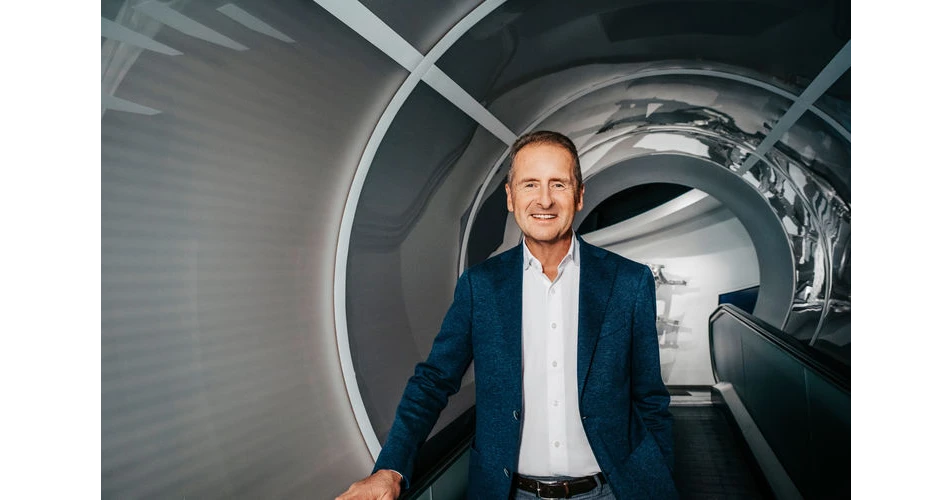The effects of the Russian invasion of Ukraine on the European automotive industry could be worse than the Covid-19 pandemic according to top executives. The impact of Russian aggression has spread far beyond the borders of Ukraine, where it has caused utter devastation and now an economic ripple effect is spreading right across the continent.
The headline grabbing news tends to be about how wealthy Russians are being denied access to new luxury vehicles due to sanctions. However, this is only the very tip of the iceberg when it comes to market disruption. With global supply chains sourcing and supplying products in both Russia and the Ukraine the industry will be impacted at many levels.
Already having an effect on vehicle supply is the enforced closure of wiring-harness plants in Ukraine. Industry analyst Colin Langan, of Wells Fargo & Co, says that this could reduce European auto output by as much as 700,000 vehicles, or 15% of total output, in the first half of the year, at a time when car makers are still struggling with chip shortages. Volkswagen, Mercedes and BMW have already slowed, or paused, production at German plants as a direct result of the lack of key wiring components.
The wiring harnesses were made by German supplier Leoni at two factories in western Ukraine. The company plans to up production at other plants, but this will take several months to implement.
Many car makers also have production facilities located within Russia and the future for these plants now looks very uncertain. Operations have been suspended at most locations and even if it can resume later in the year, hundreds of thousands of units will have been lost. Tyre maker Michelin has also suspended production at a plant in Davydovo which makes some 2 million tyres a year for export.
With regard to vehicle makers with Russian manufacturing;
Stellantis manufactured vans and will have to move production to Western Europe.
Hyundai has suspended operation at it St Petersburg factory because it can no longer access components.
Toyota has stopped production in Russia
VW has closed its Russian production
Ford has suspended its Russian operations, where it has a joint venture Sollers
Meanwhile all car makers have stopped shipping vehicles to the Russian market as the EU considers a total ban. The war has also caused a steep rise in metal costs with steel, aluminium and precious metals such as palladium and nickel badly affected.
Commenting on the worsening situation recently, Volkswagen's chief executive officer, Dr Herbert Diess, said a prolonged war in Ukraine could be "very much worse" for the European economy than the pandemic. He said, “The interruption to global supply chains could lead to huge price increases, scarcity of energy and inflation."
 Volkswagen's chief executive officer, Dr Herbert Diess,
Volkswagen's chief executive officer, Dr Herbert Diess,